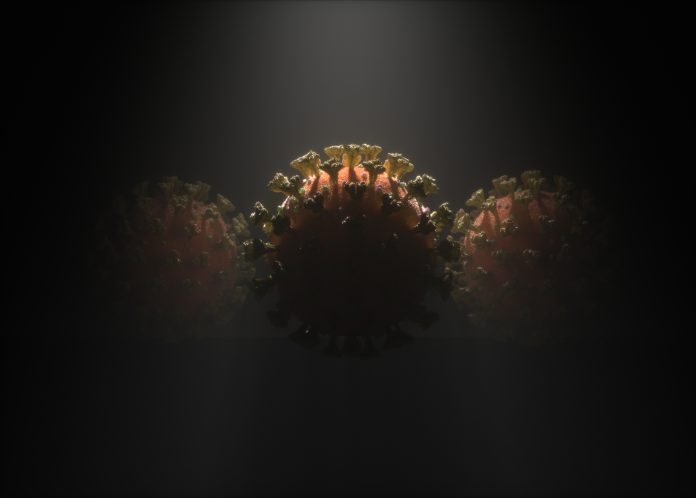Scientists say that 16 specific genes are potentially responsible for why some people become ICU COVID cases, and others don’t
Published in Nature, genetic findings reveal a new way of looking at why some people experience severe illness after getting the virus.
Scientists examined the genomes of 7,491 patients
COVID, previously thought of as exacerbating existing illnesses, can also put healthy, young individuals in the Intensive Care Unit (ICU). Scientists at the University of Edinburgh found that there are 16 new genes linked to severe COVID cases, which could mean better treatment in the future.
A team from the GenOMICC consortium – a global collaboration to study genetics in critical illness – sequenced the genomes of 7,491 patients, from 224 intensive care units in the UK.
Some of these 16 genetic variants were linked to blood clotting, immune response and intensity of inflammation.
Professor Kenneth Baillie, the project’s chief investigator and a Consultant in Critical Care Medicine at University of Edinburgh, said: “Our latest findings point to specific molecular targets in critical Covid-19. These results explain why some people develop life-threatening Covid-19, while others get no symptoms at all.
“But more importantly, this gives us a deep understanding of the process of disease and is a big step forward in finding more effective treatments.”
A single gene variant, interferon alpha-10, harms immune system
So far, scientists and healthcare experts have highlighted the crucial role of pre-existing health conditions.
In one way, the existence of such conditions is almost becoming an excuse or rationale for severity of COVID – but diseases like diabetes or hypertension are more prevalent in some minority communities. As a result, the impact of COVID has been disproportionate, with the first ten healthcare professionals in the UK to die of the virus coming from these ethnic minority groups.
Now, a couple of years on from the beginning of the COVID pandemic, there is more nuanced research that examines how individuals end up as ICU COVID cases.
The team found that there was a specific gene variant – interferon alpha-10 – that disrupts a key messenger molecule, involved in immune system signalling. This alone was enough to increase the risk of a COVID patient becoming an ICU case.
This revelation suggests a new kind of treatment – giving patients interferon, aka the proteins released by immune cells to defend against viruses. If given during the early stages of the disease, this could potentially change the outcome of a severe COVID case.
Factor 8, blood clotting gene variation, responsible for severe COVID
In their data, the scientists also noticed another gene variation. While comparing the severe COVID patients to those who didn’t experience as severe an illness, they realised that Factor 8 – a central component in blood clotting – was present in those who were admitted to ICU.
Clotting abnormalities are seen in some severe cases of the virus. Factor 8 has always been known as the gene underlying the most common type of haemophilia.
Dr Rich Scott, Chief Medical Officer at Genomics England, said: “Strategically, we’re at a point where genomic science is becoming an integral part of the national infrastructure in routine healthcare. This study illustrates the value of whole genome sequencing to detect rare and common variants that influence critical illness requiring intensive care.
“It represents a major leap forward in our understanding of how our genetic makeup influences severe illness with Covid-19.”
The 100,000 Genomes Project was established in 2014 to sequence 100,000 genomes from people with a rare disease or cancer.











